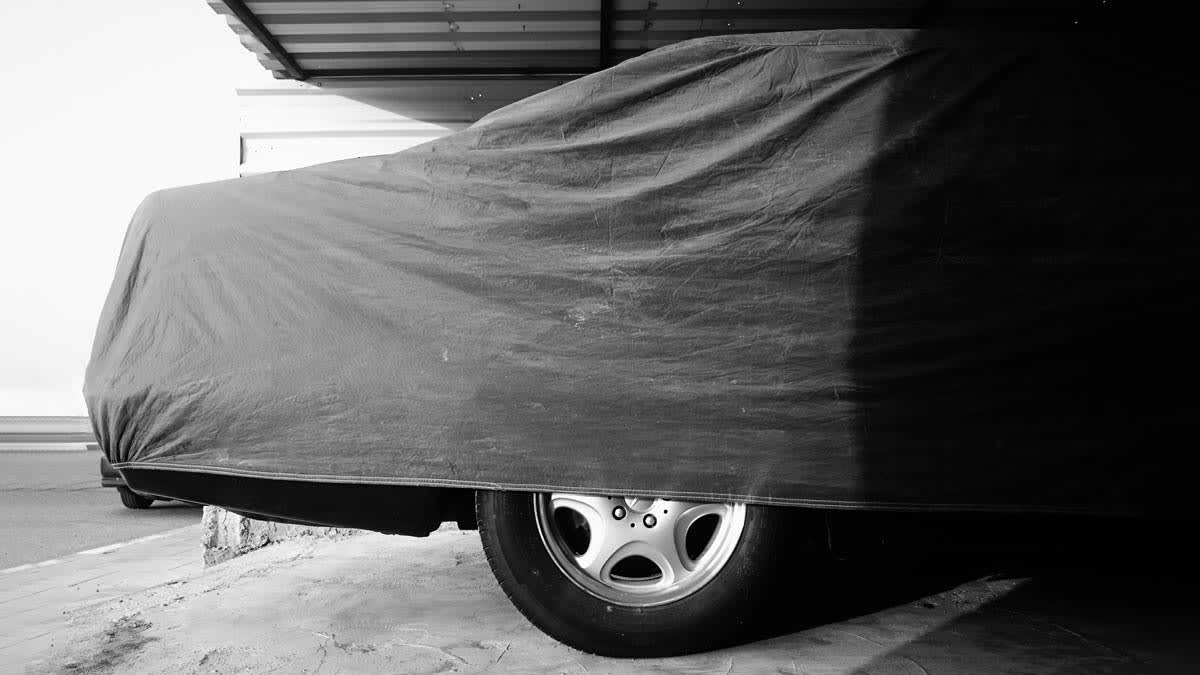How to Maintain a Car That Isn’t Driven Much

Drive the car once a week. Start the car and drive it for 15 or 20 minutes to warm it up. This will help keep cooling, lubrication, and fuel system parts in shape, charge the battery, and prevent flat spots from forming on the tires. Use the brakes frequently to remove any rust that has formed on the brake rotors. Make a schedule and stick to it. That way, your car won’t sit for too long.
Check the tire pressure. Most factory maintenance guides recommend doing this once a week, as underinflated tires can negatively impact the car’s handling and road safety. CR experts say once a month will suffice. The key is to make checking your tire pressure a routine task.
Check the fluids regularly. Make sure the oil, coolant, and windshield washer fluid are topped off. Check under the car for leaks. Even if you’re not driving the car much, oils and coolant still need to be changed periodically. Refer to your car’s manufacturer-recommended change intervals.
Check underhood belts and hoses. Every month or so, take a peek under the hood and make sure the engine’s accessory belt is free of cracks. Make sure hoses aren’t cracked or leaking. (Learn more about inspecting underhood.)
Use a battery tender. Depending upon where you park, you could hook up a battery tender—known as a trickle charger—to keep your battery from running down. Car batteries are designed to remain “topped off,” so letting the voltage run low can cause them to wear out more quickly. Make sure the tender you use is a “smart” device that automatically shuts off when the battery is fully charged. Overcharging a battery can damage it or cause a fire. Also make sure the tender is compatible with the type of battery in your car, as some chargers won’t work with certain batteries.
Guard against insects and rodents. Your car is at risk for infestation even if it’s parked in a garage. There are a number of ways you can approach this, ranging from laying dryer sheets inside the car to placing traps. Make sure whatever you do won’t inadvertently harm children or pets. (Learn more about protecting your car from rodents.)
Source link





